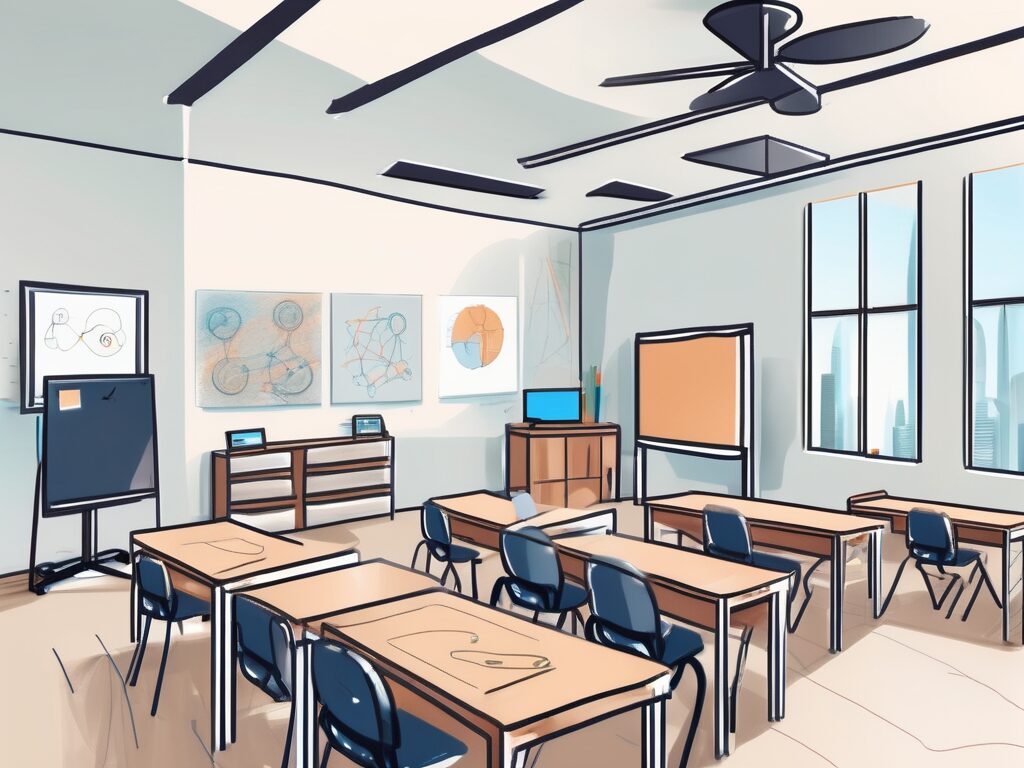How Old Do You Have to Be to Be a Japanese Exchange Student?
Embarking on an exchange program in Japan can be a transformative experience for aspiring international educators. Understanding the age requirements and necessary qualifications is crucial for those looking to expand their horizons and gain valuable cultural insights. In this article, we will explore the age criteria, key skills, and steps needed to become a Japanese exchange student, along with tips for success in this exciting journey.
Table of Contents
- Why is it Important for Aspiring International Teachers?
- Key Skills or Qualifications Required
- Steps to Get Started
- Challenges and How to Overcome Them
- Best Practices and Tips for Success
- Conclusion
Why is it Important for Aspiring International Teachers?
Participating in a Japanese exchange program offers aspiring international teachers a unique opportunity to immerse themselves in a different educational system and culture. This experience can enhance their teaching skills, broaden their perspectives, and make them more competitive in the global job market. According to recent data, educators with international experience are more likely to secure positions in top-tier international schools.
Key Skills or Qualifications Required
To become a Japanese exchange student, candidates typically need to meet certain age requirements, which often range from 15 to 18 years old for high school programs. Additionally, proficiency in English and a basic understanding of Japanese can be beneficial. Key skills include adaptability, cultural sensitivity, and strong communication abilities.
Steps to Get Started
- Research exchange programs and their specific age requirements.
- Enhance language skills through courses or self-study.
- Gather necessary documents, such as transcripts and letters of recommendation.
- Apply for a student visa and prepare for the interview process.
- Consider enrolling in a preparatory course to better understand Japanese culture and education.
Challenges and How to Overcome Them
Adapting to a new culture and educational system can be challenging. Language barriers, homesickness, and cultural differences are common obstacles. To overcome these, students should actively engage with local communities, seek support from program coordinators, and maintain open communication with family and friends back home.
Best Practices and Tips for Success
- Embrace cultural differences and be open to new experiences.
- Participate in extracurricular activities to build connections.
- Set personal and academic goals to stay motivated.
- Document your experiences through journaling or blogging.
Conclusion
Becoming a Japanese exchange student is a rewarding endeavor that offers invaluable personal and professional growth. By understanding the age requirements, honing essential skills, and following the outlined steps, aspiring international educators can successfully navigate this journey. Embrace the opportunity to learn and grow in a new environment, and take the first step towards a fulfilling international teaching career.
Want to become a teacher in a Tier 1 international school? Join the course here.

